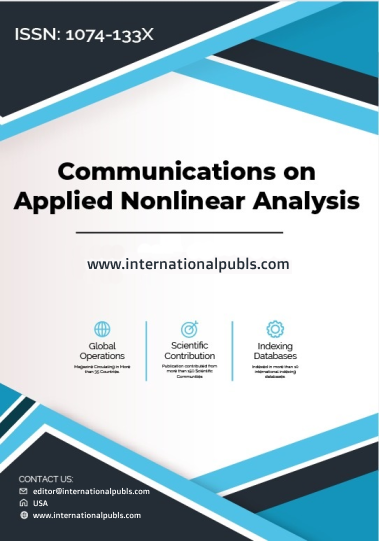Comparative Study of Machine Learning Models for Predicting Cardio Activities Based on Diverse Performance Metrics
Main Article Content
Abstract
The prediction of cardio activities is vital for enhancing the understanding of physical performance and facilitating effective health monitoring. This research investigates the implementation of diverse machine learning techniques, including Logistic Regression, Multilayer Perceptron, SMO, J48, Random Forest, and REP Tree, for forecasting cardio activity outcomes. The analysis is conducted using an extensive set of parameters, such as Date, Type, Distance (km), Duration, Average Pace, Average Speed (km/h), Calories Burned, and Climb (m). To assess the performance and reliability of these models, several metrics namely TP Rate, FP Rate, Precision, Recall, F-Measure, MCC, ROC Area, and PRC Area are employed. The experimental findings provide a comprehensive understanding of the relative effectiveness of the models, offering practical insights for identifying optimal methodologies in the domain of cardio activity predictions.
